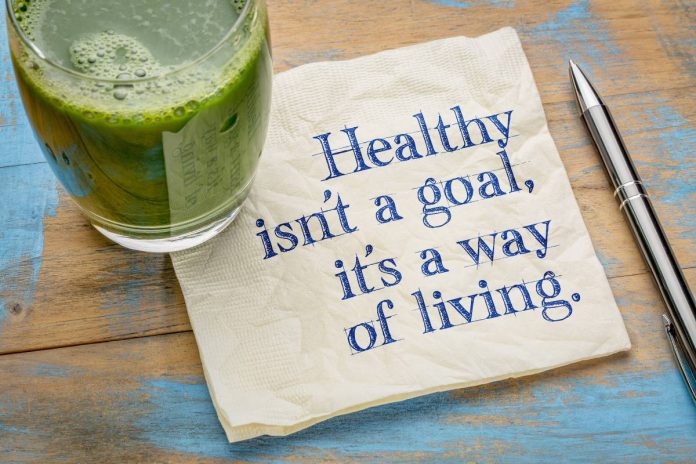
How is your energy level? Do you wake up feeling energized? Do you experience a mid-morning or mid-afternoon slump? Has your get-up-and-go gone away?
Perhaps it’s time to evaluate your green energy. No, we’re not asking whether you are using energy-efficient light bulbs, an electric car, or taking other steps to reduce your carbon footprint. We’re talking about if you are providing your body with the greens your body craves to generate the energy you need to function at your best.
How your body produces energy
Energy comes from fats, protein, and carbohydrates, the latter of which is the most important for energy production. Your metabolism involves scores of complex biochemical processes that change the components of food into energy. Your body operates at its best when it gets sufficient nutrients that can be metabolized (broken down) properly.
Not all foods are created equal when it comes to increasing your energy, so you want to ensure you focus on the highest quality sources of macronutrients, vitamins, minerals, and other nutrients. Among those quality sources are greens.
Read about the superpowers of greens
What are greens?
Greens are often referred to as superfoods because they contain many important nutrients. These vegetables fall into several categories. One category is dark leafy varieties such as spinach, kale, collards, mustard greens, dandelion greens, green cabbage, bok choy, Swiss chard, and beet greens. Another is algae: chlorella, and spirulina, which are rich in nutrients. A third category are other green vegetables, such as asparagus, broccoli, Brussel sprouts, green beans, celery, sprouts (barley, broccoli), grasses (wheat, barley, alfalfa), and zucchini.
Why are greens important for energy?
To optimize your energy production, you need to consume foods rich in nutrients your body needs to convert into energy. One of those important nutrients is magnesium, which metabolizes carbs. More specifically, research shows that this mineral helps transport blood sugar (glucose) into your muscles and eliminate lactate. This substance can accumulate during exercise, reduce your performance, and cause fatigue.
The greens with significant amounts of magnesium include dark leafy ones. They are also a great source of other nutrients, including vitamins A, C, and K, iron, manganese, and B vitamins (especially vitamin B6), essential for converting food into energy.
Read about tasty ways to add more greens to your diet
How to best get your greens
In an ideal world, we would all eat a well-balanced, nutritious, whole-foods diet that included all the greens our body needs and loves. To help with that goal, you can use a high-quality supplement containing the spectrum of greens and their nutrients.
You can use a greens superfoods supplement powder stirred into pure water or your favorite smoothie recipe. To ensure you retain all of the nutritional value of the supplement, do not heat it or use it in hot foods. However, you can add the powder into yogurt, or pesto, or mixed into salad dressing.
Along with your green supplement, incorporate greens into your diet in other ways. For example:
- Add sautéed greens to scrambled eggs or stuff them into a whole grain pita.
- Enjoy a green salad daily and add different toppings, such as dried fruit, nuts, seeds, and roasted veggies.
- Add greens to your other vegetables, sandwiches, soups, and stews.
- Use dark leafy green leaves as wraps instead of bread or tortillas.
Bottom line
Greens are an essential part of your energy plan. Incorporate greens into your diet daily, in your meals, and as a supplement to help ensure your best energy and performance possible.
[Editor's Note: A favorite greens supplement we turn to is from Genuine Health.]






![[Savvy Swaps] Energy Drinks Savvy Swap Red Bull Energy Drink Uncle Matt's](https://naturallysavvy.com/wp-content/uploads/2019/02/NS_SwapEnergyDrinkRedBullMatts5x5_6-1-218x150.jpg)


